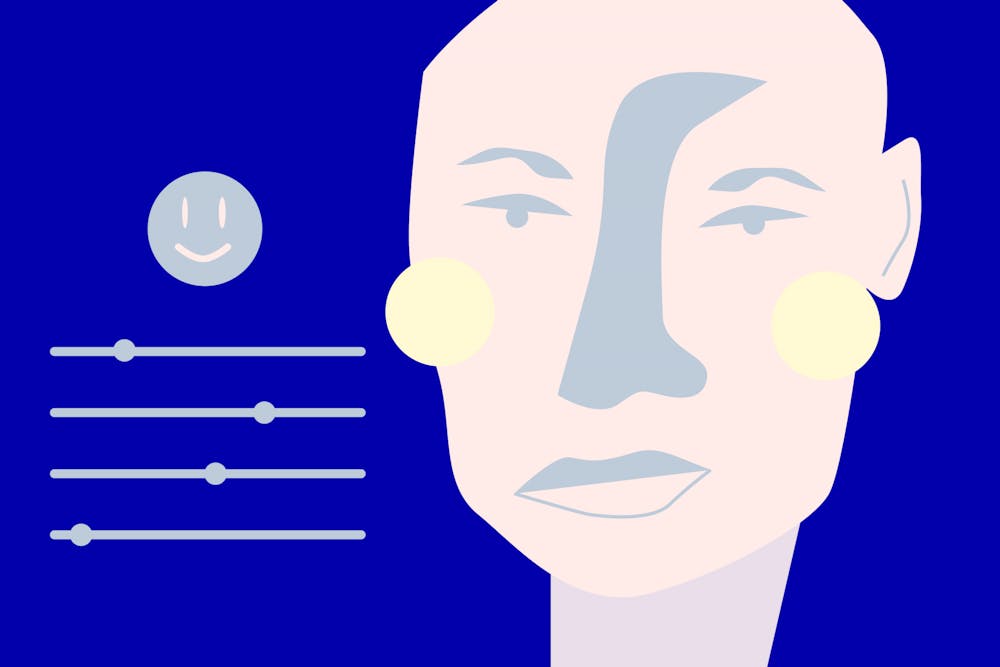Almost everyone today has heard of Facetune—an application that allows you to edit your photos, including your body and facial features. These body–editing apps are far too commonplace, as they can be extremely detrimental to social media users' self–esteem and mental health. Facetune alone has been downloaded over 60 million times since its launch in 2013.
In the era of social media, users feel immense pressure to present "perfect" versions of their lives on their feeds. As we scroll through our favorite platforms, we regularly see highly curated images of people and their lives. It can be easy to assume these photos accurately reflect people's realities and equally as easy to feel the need to digitally manipulate your posts to fit in.
There's nothing wrong with brightening up the lighting of a photo or fixing some red eyes, but society's obsession with body–editing technology is extremely toxic. As Dr. Peace Amadi, an associate psychology professor at Hope International University in California, told Women’s Health Magazine, “It seems harmless at first, but a slight edit here and a slight edit there can spiral into obsessive–compulsive tendencies around body image.”
Viewing photos processed with Facetune promote unhealthy expectations surrounding physical appearance and can even encourage disordered eating. A study from the International Journal of Eating Disorders found that teens who edit their appearance in photos were more likely to report high scores related to eating and body–image issues.
Body–editing apps can poison impressionable social media users' self–image, a phenomenon that has only been exacerbated in the era of the COVID–19 pandemic, where we are continuously surrounded by screens and digital platforms. Lightricks, Facetune’s parent company, reported that as social distancing began, the use of its apps increased 20 percent.
Facetune isn’t just harmful to the consumers of digitally edited images, it's problematic for the users as well. This digital plastic surgery can be very addicting, the pursuit of perfection easier with each passing alteration. When users drastically alter one photo of themselves, they feel pressured to maintain a consistent image and edit their later pictures as well.
This eventually can lead to anxiety and disappointment, when people see the discrepancy between their ideal version of themselves and their authentic appearance. Clinical psychologist Dr. Ramani Durvasula told Good Morning America that this phenomenon might actually be causing people to start seeking cosmetic alterations at younger ages.
This practice of severe image alteration used to only be accessible to trained professionals. Now, anyone can do it. We no longer have just re–touched celebrities and supermodels to compare ourselves to, but also hundreds of friends and followers using editing apps available for download on your cell phone.
We'll all place a filter or two on our Instagram photos or blur out an annoying zit from time to time. But society's obsession with extreme Facetune–driven photoshopping has to end. By raising awareness of the adverse effects these apps have on mental health, we can collectively diminish their influence. Besides, we can all work on loving the person we see in the mirror a little bit more.







